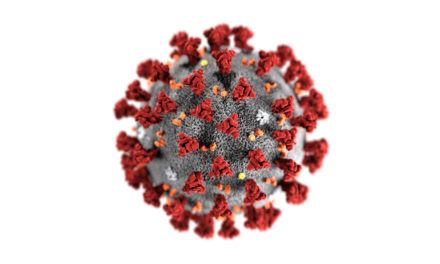Heavy, painful periods might be due to a common condition called fibroids – and talking to your gynecologist openly about your symptoms and reproductive goals is key to proper care.
Regional One Health’s Pallavi Khanna, MD, OB/GYN, FACOG said fibroids are abnormal, non-cancerous growths in the wall of the uterus. They are usually diagnosed via a pelvic exam and transvaginal ultrasound.
“About 70-80 percent of reproductive-age women have fibroids,” Dr. Khanna said. “Not all of them have symptoms, but when fibroids are causing problems, they need to be taken care of. We look at several factors to determine the best treatment: your symptoms, the size of your fibroids, and your reproductive plans.”
For patients with smaller fibroids causing heavy bleeding, she starts with medical management.
The birth control pill, hormonal IUDs, and birth control injections that are given every three months can all help. Patients might also take medication to shrink the fibroids and further control bleeding.
When fibroids are causing pressure, medical management might not provide sufficient relief. “When fibroids are larger, they can put pressure on the bladder or bowel, causing urinary symptoms or issues like constipation or diarrhea,” Dr. Khanna said. “To decrease the pressure, you need treatment to work sooner, which means surgery or interventional radiology.”
Interventional radiologists can perform an embolization to block the blood supply to the fibroids, causing them to stop growing or even shrink. Other patients opt for a myomectomy, a minimally invasive surgical procedure to remove fibroids.
Both are safe, effective options, but do not guarantee a permanent cure. “There is a chance of fibroids growing back as long as the patient is having a cycle,” Dr. Khanna explained.
The only way to prevent fibroids is a hysterectomy or removal of the uterus. “A hysterectomy can be a good option for women who aren’t planning to have children in the future,” Dr. Khanna said. “For women who do want to get pregnant, we discuss the other options.”
For women who want to get pregnant in the near future, a myomectomy may be the best choice.
Embolization can alter the blood supply to the uterus, creating potential problems for pregnancy. On the other hand, statistics show patients who have a myomectomy have a good chance of getting pregnant within a year after the procedure.
Age also plays into the decision.
Because fibroids are less problematic after a woman is done having her cycle, Dr. Khanna said some women who are near menopause can avoid surgery since their symptoms will ease when they enter menopause. However, she stressed, women should not wait if their symptoms put them at risk for anemia and related heart issues.
“The important thing is to consult your doctor,” she said. “We talk to patients openly about these factors to help them make an educated decision that improves their current and future health.”
Dr. Khanna sees patients at Regional One Health’s East Campus, 6555 Quince Road. For an appointment, call 901.515.3100.







